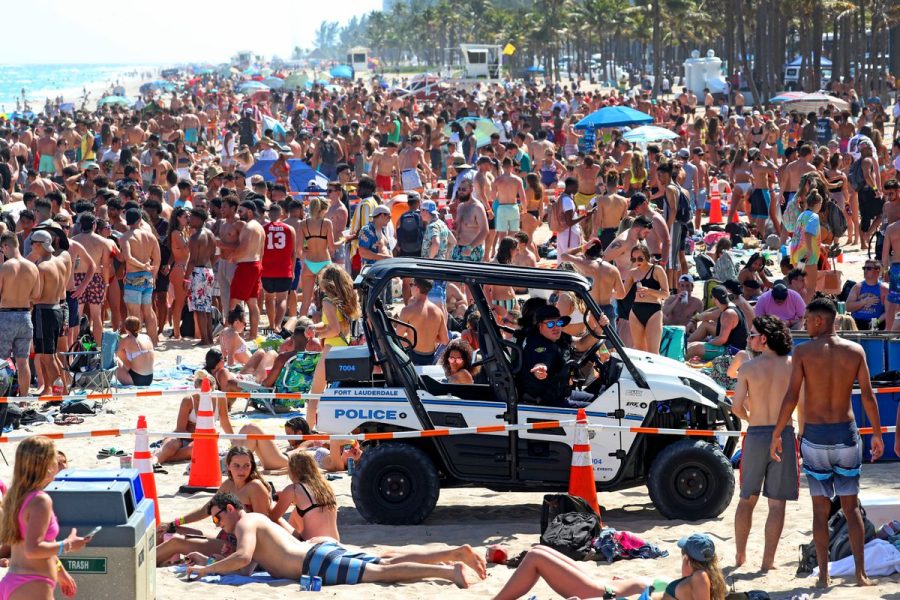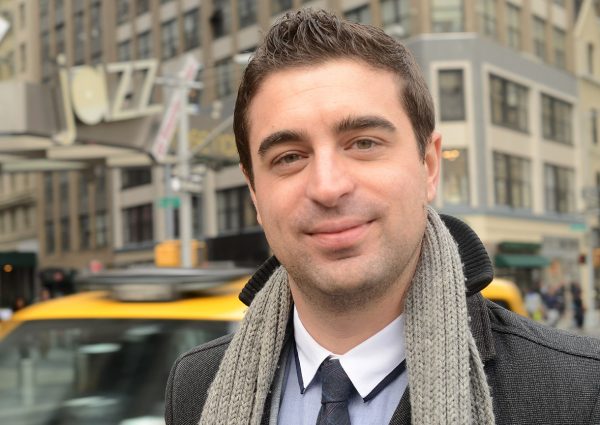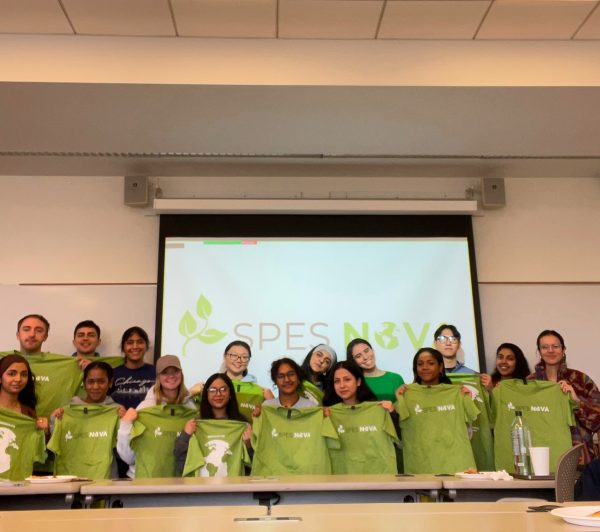Spring Break Returns for the First Time Since COVID-19 Pandemic
The re-introduction of spring break since the start of the COVID-19 outbreak in 2020 has resulted in the mixed feelings of students, especially considering Fordham’s implementation of COVID-19 safety precautions after the break.
Assuming that most students traveled over the break, Fordham enacted a COVID-19 testing policy for the return to campus to control the virus’s possible spread.
According to the testing requirements, all students who enter campus must submit a COVID-19 PCR saliva or nasal swab test result no later than March 30, regardless of whether they traveled during the break. The test must be performed no earlier than three days prior to their return to campus and no later than five days after.
Since the university does not know precisely how high the COVID-19 rates will be when returning from spring break, these regulations were put in place to prevent any possible surge.
Marco Valera, vice president of administration at Fordham, remains optimistic concerning the control of COVID-19 cases based on the positive progress in the rest of New York City.
“Of course it’s difficult to predict if cases will rise,” said Valera. “In general, NYC and many parts of the country are seeing much-reduced cases, so we hope this trend continues when students return.”
Since Fordham added spring break back into the academic calendar, many students took advantage of the opportunity and vacationed with family and friends both internationally and nationally.
Mike Pappano, FCRH ’22, traveled to Ocho Rios, Jamaica, for spring break with other Fordham seniors. COVID-19 was not one of Pappano’s concerns during his travels and he was thrilled to have the opportunity to go on vacation.
“I’m super excited to be able to travel again,” Pappano said. “Since cases are really low and they still have COVID-19 protocols on planes, I’m not worried about being exposed. I’m ready to really return back to normal, and I think I’ve felt that normalcy in the past few weeks, especially after the omicron wave subsided.”
During Pappano’s stay in Jamaica, he and other Fordham seniors abided by the rules of the resort.
The hotel policy required visitors to wear masks in every dining establishment and when using the restrooms.
Since the resort was mainly outdoors, masks are not required around the beach and pool complexes.
“Any more protocols would’ve felt too strict,” said Pappano. “I’m glad that that’s all we had to do.”
Rebecca Chretien, FCRH ’24, also took advantage of the break by traveling to Orlando, Florida, with her family.
Chretien was a little cautious about traveling, especially to the state of Florida, since the COVID-19 precautions are more relaxed than those in New York.
“I was pretty nervous about traveling since I knew I was going somewhere where the COVID-19 protocols are a lot less strict than where I had been for a while,” said Chretien. “Plus, you always hear stuff about how Florida is ‘the’ place to get COVID-19.”
Orland, Florida, had little to no COVID-19 restrictions that guests had to follow.
Chretien and her family, along with every other visitor, did not have to wear a mask throughout any of the Walt Disney World parks, neither indoors nor outdoors. The only places that enforced mask-wearing were the buses traveling from the parks to the hotels.
“I was honestly really taken aback by this, especially considering Fordham just recently said we were now mask optional,” said Chretien. “Florida looks very different from New York right now.”
As someone who is always trying to prevent the spread of the virus, Chretien believes Fordham’s testing requirements for the return onto campus are necessary but thinks the university could have done more to prevent a potential outbreak.
“I think it’s a bit of a complicated situation because if there was something more Fordham could do to ensure we’re safe coming back to campus that doesn’t entirely disrupt campus life, then I’d totally be down to do it,” Chretien explained. “However, I’m not really sure if Fordham is willing to take those strides, so I’ll take what I can get. If they think testing is the best thing to do, then I’ll do my part.”
Unlike Pappano and Chretien, Christine Han, FCRH ’23, did not go on vacation for spring break but instead traveled to his hometown of Chino Hills, California.
Although she did not travel, Han is both vaccinated and boosted, so contracting COVID-19 is not something she is concerned about when returning to campus.
“I’m not worried because people at school haven’t been getting COVID-19 as much,” said Han. “It seemed to have been okay after winter break so as long as people are testing and quarantining if positive I think it will be okay.”
In the event that Fordham experiences a COVID-19 surge on campus, the university administration has backup strategies that can be put in place if needed.
“We have all the tools in our toolbox that we deployed earlier this year if cases were to rise significantly,” said Valera. “For example, we could reinstate the masking policy.”
Classes resume on Monday, March 21, and Fordham will monitor the COVID-19 cases from that moment onward.











































































































































































































